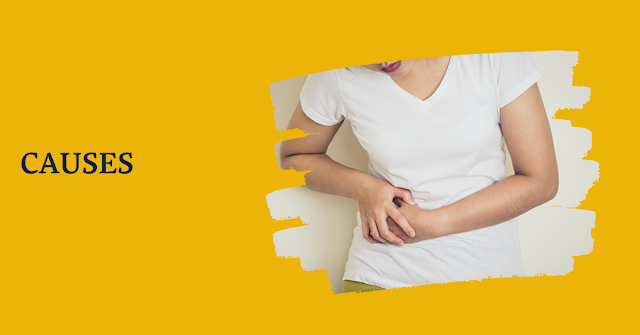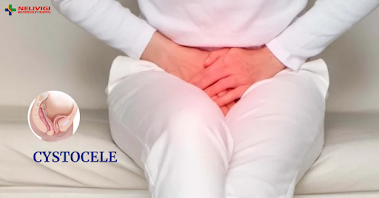Acute Pyelonephritis or Infection of the Kidney
Acute pyelonephritis (APN) is a
technical term for infection of the kidney. It is a part of the spectrum of urinary tract infection or
UTI. UTI can occur anywhere from kidney, ureter, urinary bladder,
prostate and urethra.
Symptoms of APN
The individual complains of
pain abdomen, fever and chills. However there are many who do not suffer from
all these symptoms and may only have some of them. Fatigue, generalized
weakness and vomiting also are common. They may not have symptoms like burning
urination or painful urination. APN usually is seen in middle aged and elderly
people and less in young people. It is rarely seen in children.
Causes
APN is almost always caused by
infections by common urinary infection causing bacteria like E. coli, Proteus,
Enterobacter and Pseudomonas. Most of these infections are hematogenous which
means the infection spreads through blood stream. Infection ascending from
urinary bladder is less common. Patients with underlying diabetes are
especially prone to be affected and those with uncontrolled diabetes even more
so. It is also seen in individuals with kidney
stones or stones blocking the ureters. Another common but less recognized
cause is prostatic enlargement with urinary infection in the elderly males.
Evaluation
APN is diagnosed based on
history and clinical examination. The patient will have fever, chills and pain
abdomen. There will be pain on pressing the upper back on either side. The
urologist will order a set of tests to confirm the diagnosis. These are Complete
Blood Count, urine culture and sensitivity, serum creatinine, blood sugar level
blood culture and ultrasound of abdomen. In case ultrasound is not conclusive, a
CT scan of abdomen is done.
Treatment
The patient is advised hospitalization
for ease of evaluation and treatment. The mainstay of treatment is injectable antibiotics,
drugs to relieve fever and pain. Rest helps in faster recovery. In patients
with diabetes sometimes ultrasound and CT scan show blockage to the kidneys due
to pus flakes or sloughed off debris from the kidneys. There could be blockage
due to stones too. In such cases endoscopy is done, debris or stone is removed
and DJ stent is inserted. This is a synthetic tube to relieve the blockage and
control infection. This tube is kept for a few weeks and removed once the
infection is controlled. In all cases, the underlying diabetes has to be
controlled without which infection control is very difficult. Even after the
patient is off antibiotics, strict control of diabetes is mandatory to avoid
recurrences. In case the urologist
feels that prostate enlargement is the cause of APN, then prostate surgery is
warranted.
Outcomes
With modern imaging, antibiotics
and endoscopy, acute pyelonephritis doesn’t carry the morbidity it used to have
a few decades ago. However uncontrolled,
prolonged and repeated infections can result in permanent kidney damage .Despite modern
advances, there
are rare situations where it can still result in death of the patient due to
severe uncontrolled infection. Therefore it is worth reiterating the importance
of controlling diabetes.
To know more, visit: www.nelivigimultispecialityhospital.com






Comments
Post a Comment